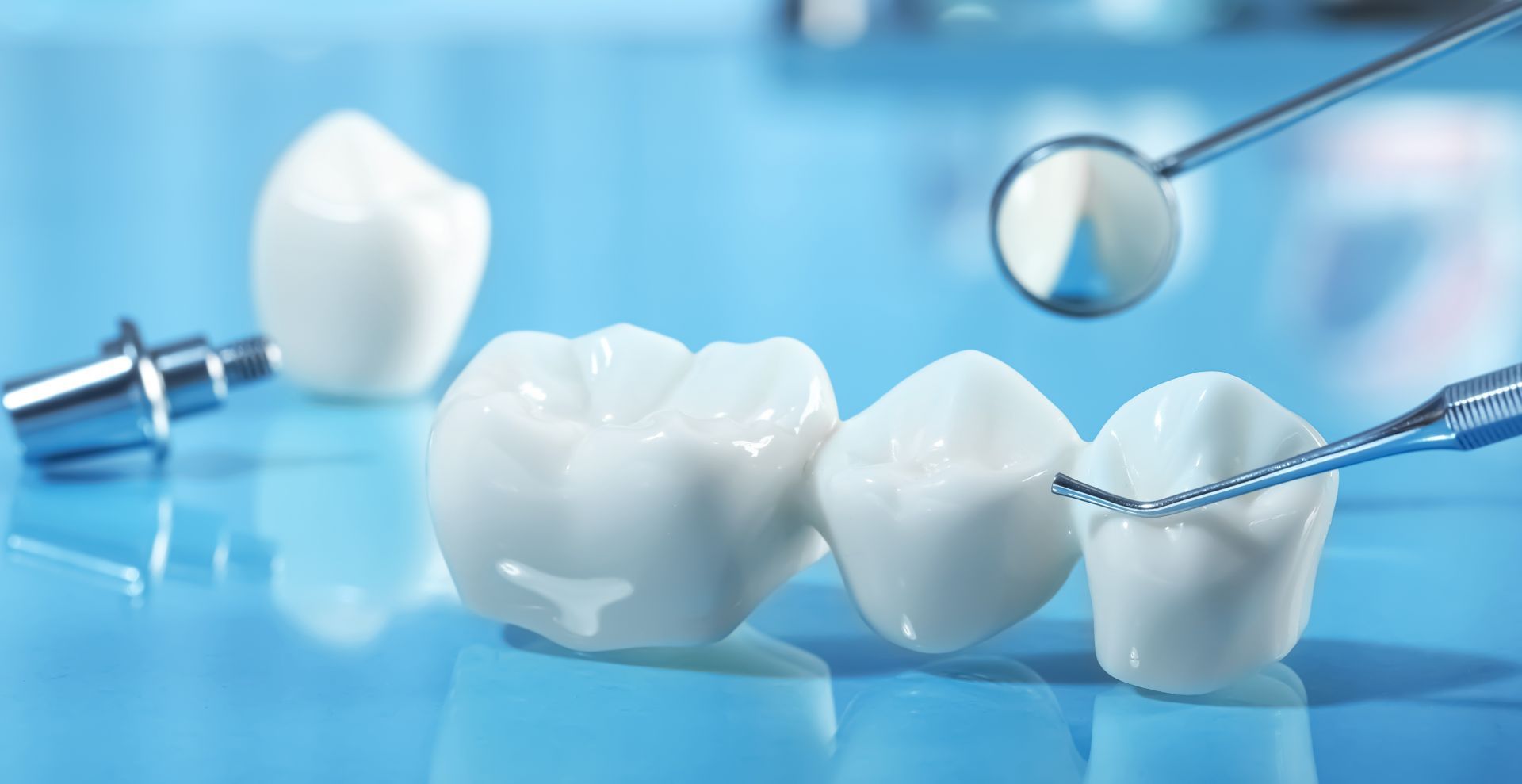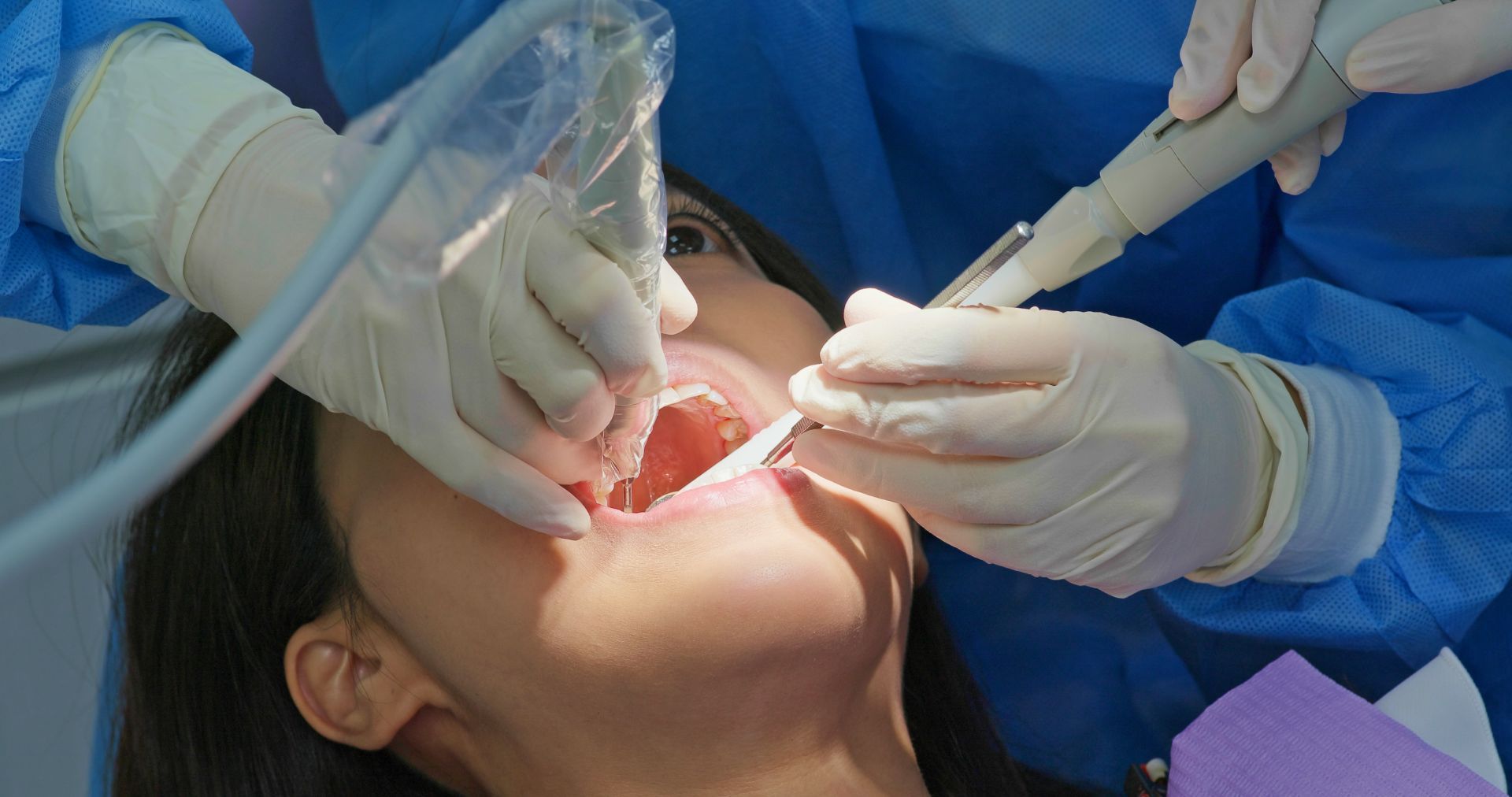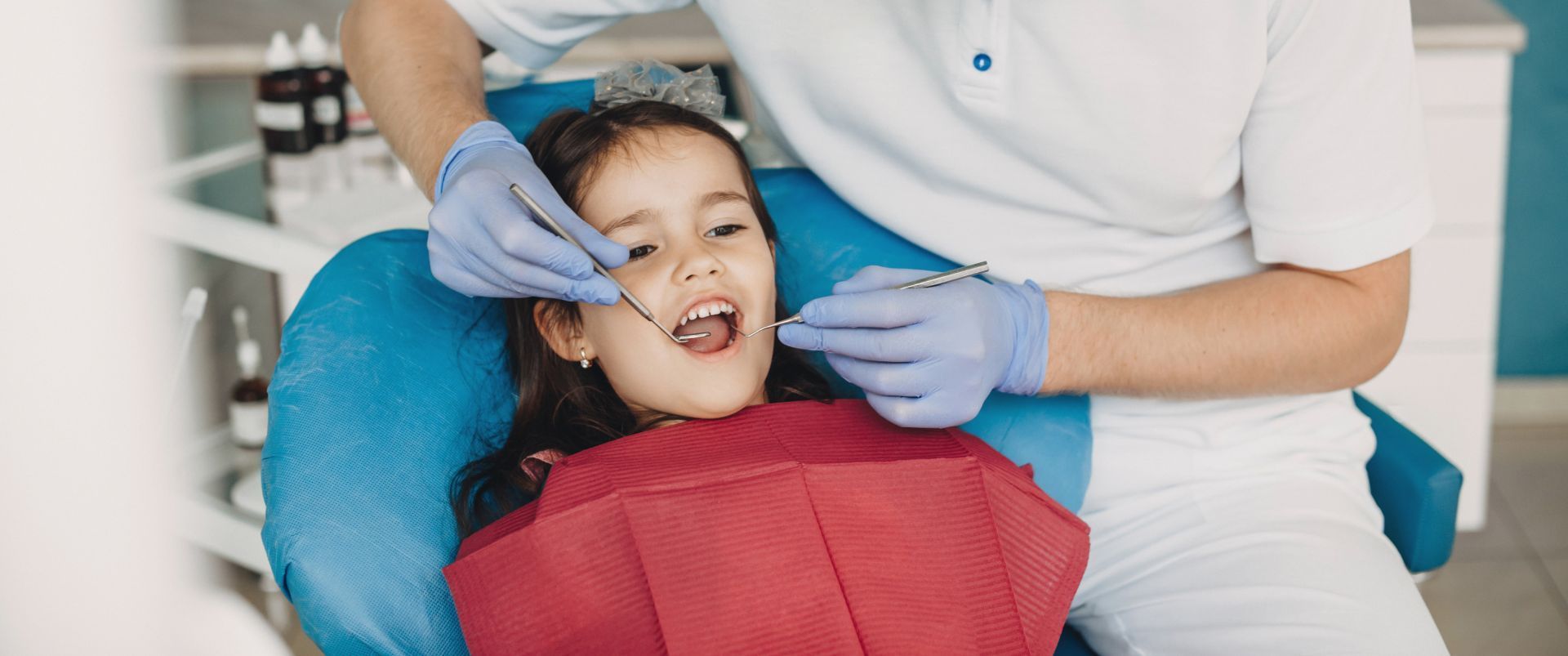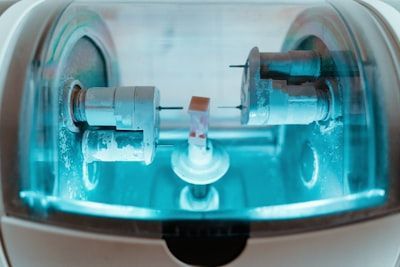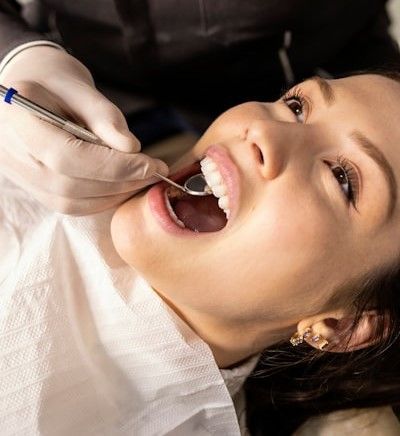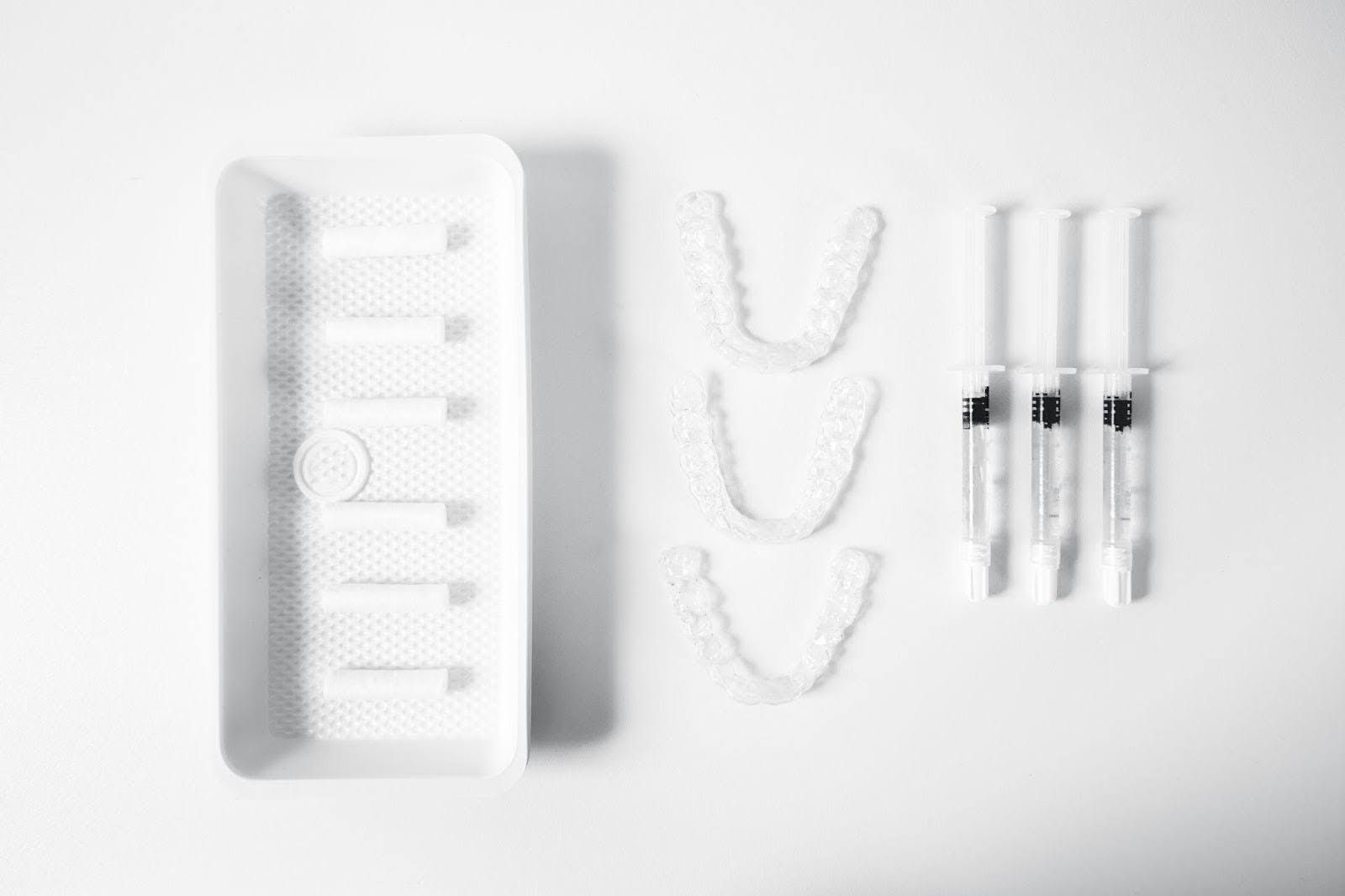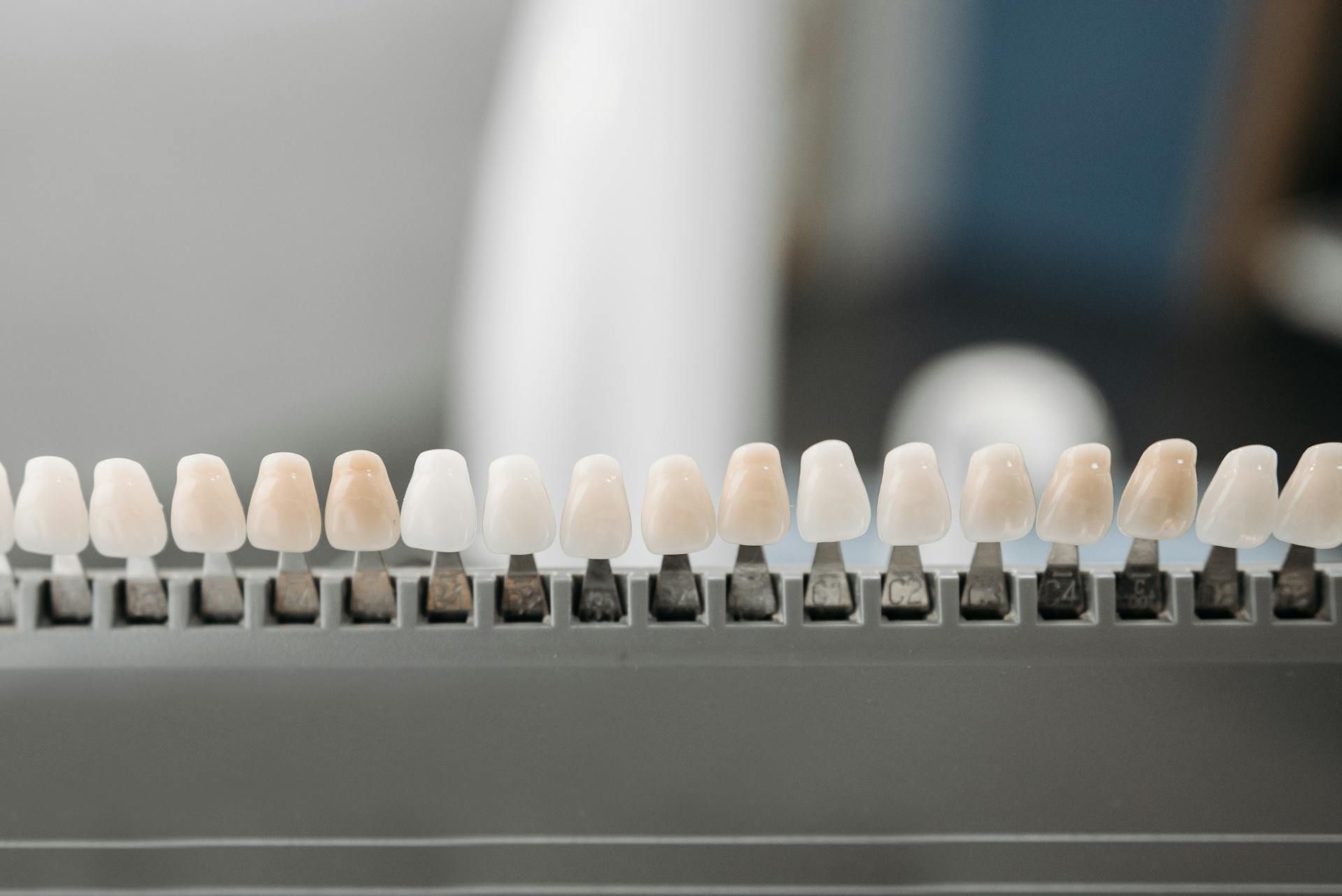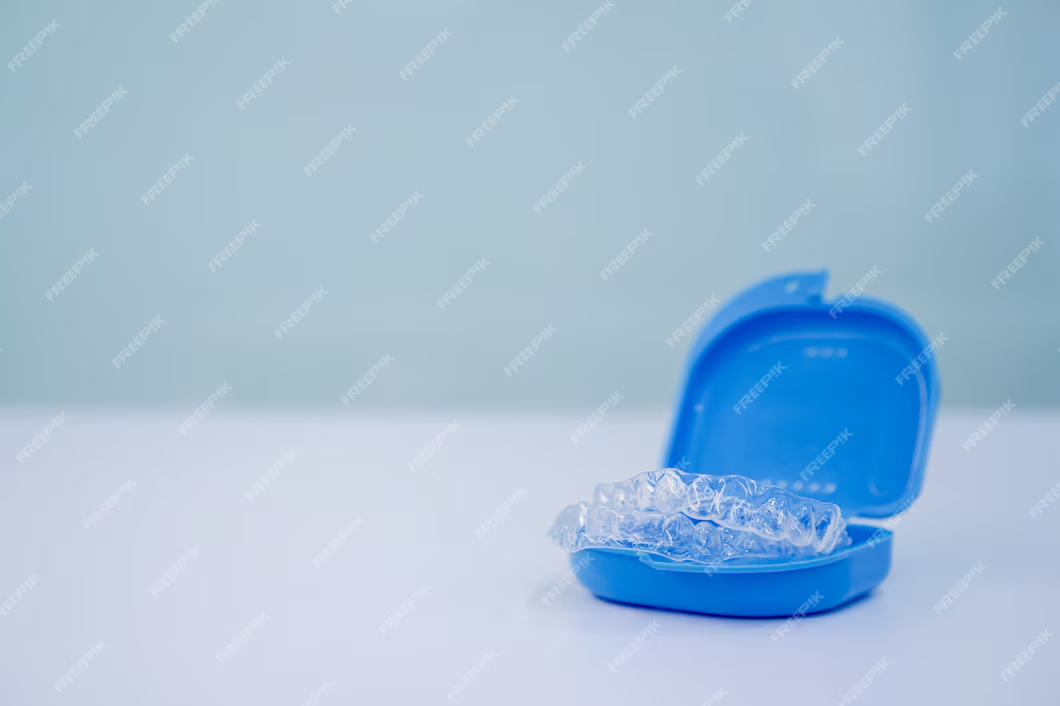Everything About Dental Plaque and How To Prevent It
Dental plaque is a common problem that affects people of all ages. It's a sticky film of bacteria that forms on your teeth, and if left untreated, it can lead to serious dental problems such as cavities and gum disease.
While some people are more prone to developing plaque than others, there's a lot you can do to prevent it from forming in the first place. In this article, we'll discuss the causes of plaque, how it starts, why it's dangerous, and what you can do about it.
What is Dental Plaque?
This sticky, colorless film forms on the teeth and gum line. It is composed of bacteria, food particles, and saliva. Plaque is a natural occurrence in the mouth that forms shortly after eating or drinking. The bacteria in the mouth feed on the sugars in food and drinks and produce acid that can erode the tooth enamel and cause cavities.
The bacteria in dental plaque are not all harmful. Some bacteria are beneficial and help keep the mouth healthy. However, when plaque is allowed to build up on the teeth and gum line, it can cause dental problems. The bacteria in plaque can produce toxins that irritate the gums and cause inflammation. This can lead to gingivitis, the first gum disease stage. If not treated, gingivitis can progress to periodontitis, a more severe form of gum disease that can lead to tooth loss.
Negative Effects of Dental Plaque
Dental plaque can have several negative effects on oral health. Left unchecked can lead to tooth decay, gum disease, and even tooth loss. Additionally, research has shown that there may be a link between poor oral health and other health problems, such as heart disease, stroke, and diabetes.
Causes of Dental Plaque
Dental plaque is caused by a combination of factors, including poor oral hygiene, a diet high in sugary or starchy foods, and certain medical conditions that affect saliva production. Bacteria in the mouth feed on the sugars and starches in food, producing acids that can erode tooth enamel and lead to decay. Regular brushing and flossing can help remove plaque, but it is also important to limit sugary and starchy foods and drinks to prevent its formation.
Prevention of Dental Plaque
Preventing dental plaque is essential for maintaining good oral health. Here are some effective ways to prevent dental plaque:
1. Brushing Teeth Regularly:
Brushing your teeth twice daily with fluoride toothpaste can help remove plaque and prevent cavities. Make sure to brush all surfaces of your teeth and brush for at least two minutes each time.
2. Flossing Teeth Daily:
Flossing once a day can help remove plaque from areas between the teeth that a toothbrush can't reach. Use dental floss, a water flosser, or interdental brushes to clean your teeth and remove plaque.
3. Using Mouthwash: Mouthwash can also help kill bacteria in the mouth and prevent plaque formation. Look for a mouthwash that contains fluoride or antibacterial agents to help fight plaque and bad breath.
4. Regular Dental Check-ups:
Regular dental check-ups can help identify and treat dental problems before they become more severe. A dental professional can clean your teeth and remove any plaque or tartar that has built up on the teeth and gum line.
Conclusion
There is still time to start a good oral hygiene routine and remove plaque. When you notice that your teeth are sensitive or have started to look yellow, see your dentist immediately. If you don't take care of the plaque, it can lead to significant dental problems. Act quickly, and you can prevent a lot of pain and suffering.
Are you tired of hiding your smile due to dental issues? Our
dental services can help you regain the confidence to show off your pearly whites. Contact Taylor Made Smiles today to learn more about our
cosmetic dentistry services and schedule an appointment.
